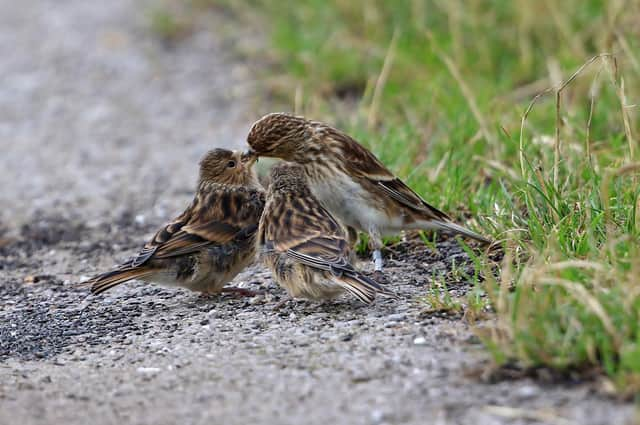Nature lovers urged to help bring ‘Pennine finch’ back from the brink


Twite, a species known locally as the Pennine finch, were once a common sight on moorland throughout the region. But a lack of food and suitable nesting sites, coupled with the impact of moorland fires, are believed to be behind a sharp drop in their number.
Action for Birds in England, a conservation partnership between Natural England and the RSPB, started the Twite Recovery Project with the aim of turning around the birds’ fortunes in the South Pennines – their last remaining significant breeding ground in the country.
Advertisement
Hide AdAdvertisement
Hide AdThe project team is now calling on members of the public to support efforts to save the twite from local extinction by reporting sightings online.
Katie Aspin, RSPB project officer for the Twite Recovery Project, said: “The lack of breeding pairs seen at our monitoring sites last year adds to the worrying picture. If nothing changes we believe twite could be locally extinct within three to five years, but we’re not prepared to give up on this population and believe there are ways to reverse the trend.
“Landholders, project staff and a team of more than 30 volunteers have all made considerable efforts in recent years to improve the breeding environment for twite in the South Pennines. While the results so far are not what we’d hoped for, we know it takes time for habitat management work to have full effect.”
Helen Noble, Chief Executive of South Pennines Park, said: “As the South Pennines is the last remaining significant breeding ground for twite in England, we are very keen to work with our partners, landowners, farmers and communities to safeguard the South Pennines moorlands and bring them into favourable conditions that positively encourage twite to breed. This is a real call to action to look after nature so that it can support not only this precious species but help to mitigate the impacts of climate change that we are all facing.”
